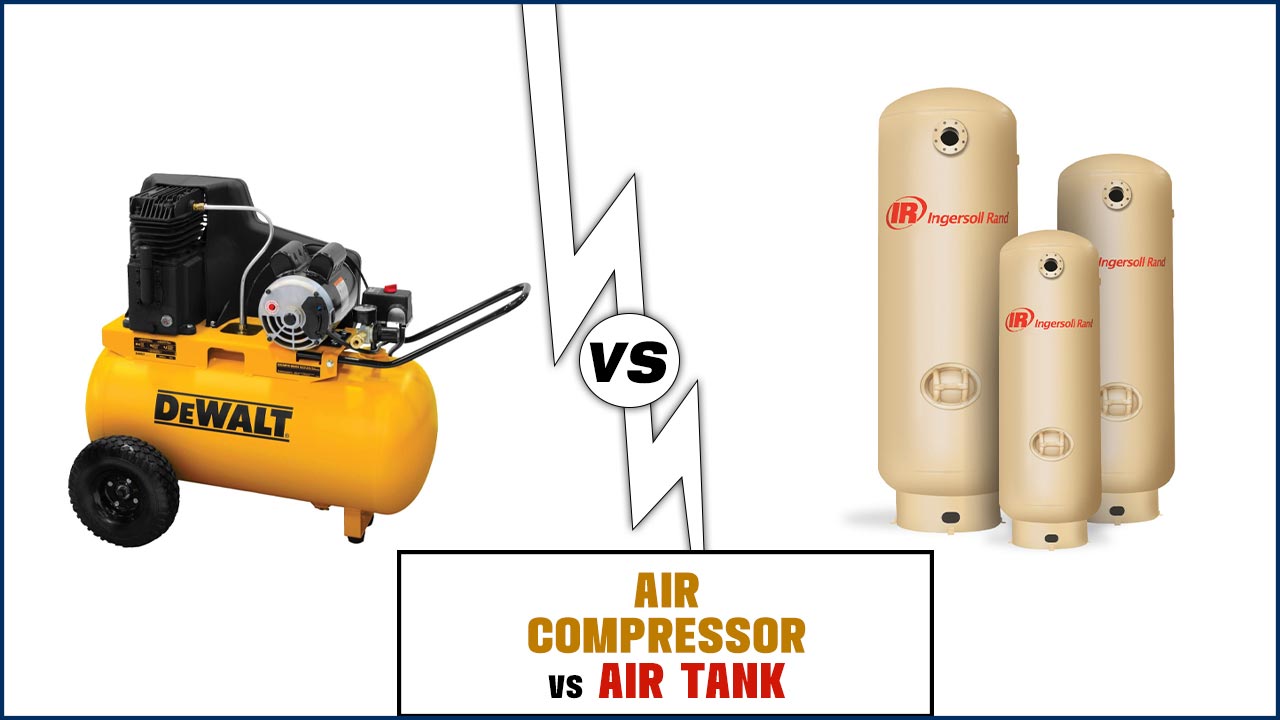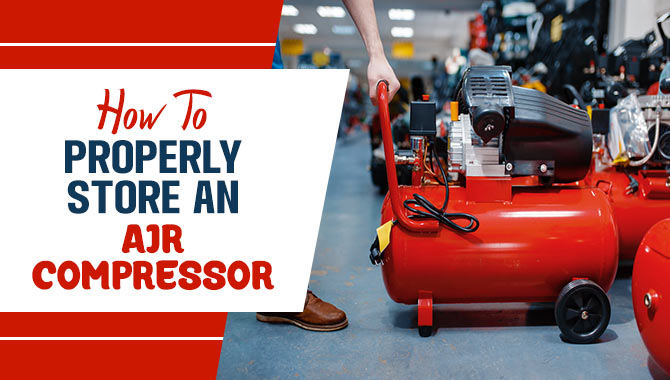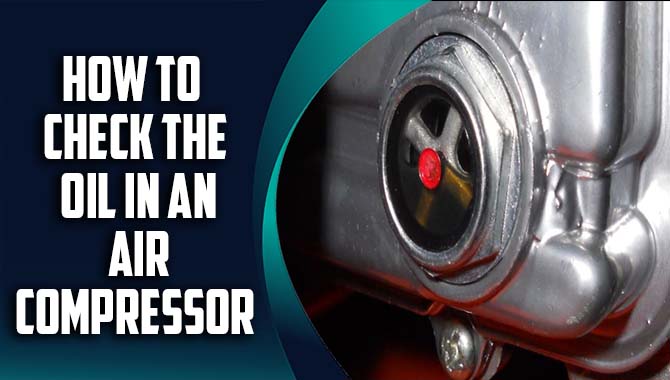Air compressors are a crucial tool for various industries and applications. Air compressors provide a reliable and efficient air source, from powering pneumatic tools to inflating tires.
However, choosing the suitable air compressor for your specific needs can be daunting, especially if you are new to the world of compressed air. With so many different types, sizes, and features available, it’s essential to carefully consider your requirements before purchasing.
We will guide you through selecting the suitable air compressor for your needs. We’ll begin by covering how to choose the suitable air compressor for your needs, then dive into the various types of compressors available and their applications.
We’ll also discuss key factors to consider when choosing an air compressor, such as tank size, horsepower, and CFM. By the end of this article, you’ll have a solid understanding of what to look for in an air compressor and be able to make an informed decision based on it.
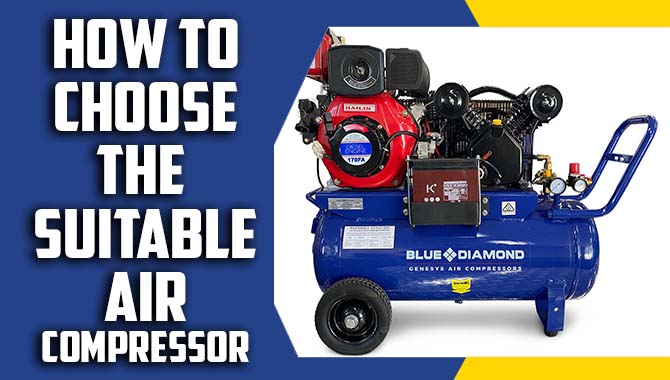
Now We Will Discuss How To Choose The Suitable Air Compressor For Your Needs
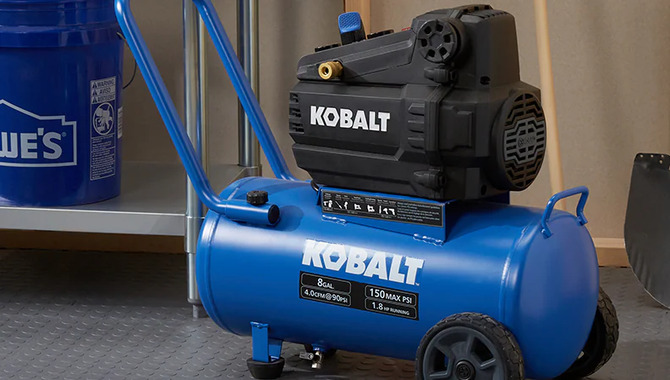
If you are in the market for an air compressor, choosing one that suits your needs is essential. With so many options available, it can be difficult to know where to start. The first step in choosing an air compressor is determining your specific needs. Once you clearly understand your requirements, you can explore the various options. Here is a guideline on How to choose the suitable air compressor for your needs.
1. Types Of Air Compressors
Air compressors are essential tools in many industries and applications. Different air compressors are available on the market, each with unique features and advantages. Understanding the different types of air compressors is crucial in selecting the right one for your specific needs.
- Firstly, reciprocating air compressors are the most common type. They work by converting the linear motion of a piston into compressed air. They are ideal for small-scale applications and DIY projects.
- Secondly, rotary screw air compressors are popular for larger industrial applications. They use two interlocking screws to compress air. They are efficient and relatively quiet, making them suitable for continuous use.
- Thirdly, centrifugal air compressors rely on centrifugal force. They are the most powerful and efficient type of air compressor, making them suitable for large-scale industrial applications.
2. Understanding Air Compressor Ratings
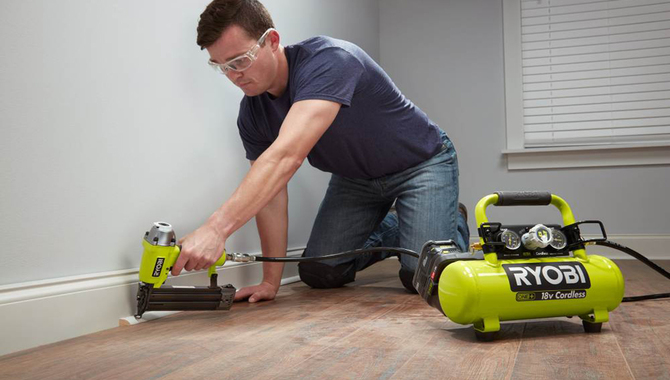
Air compressors are used in various industries, from construction to automotive, and it is essential to understand their ratings to ensure you choose the right one for your needs. The first rating is horsepower (HP), which indicates the motor’s power.
The higher the HP, the more air the compressor can deliver. The following critical rating is the cubic feet per minute (CFM), which measures the volume of air the compressor can produce in one minute.
This is important to consider when using tools that require a certain amount of airflow. Another important rating is the pressure rating, measured in pounds per square inch (PSI). This rating indicates the maximum pressure the compressor can produce. Choosing a compressor with a pressure rating that meets the requirements of the tools and equipment you will be using is important.
3. Choosing The Right Size Compressor
Choosing the right size compressor is essential to ensure you get the most out of your investment. Compressors come in various sizes; finding the right size depends on several factors.
The first factor to consider is the intended use of the compressor. If you plan on using it for light-duty tasks, such as inflating tires or powering small tools, a smaller compressor will suffice. However, a larger compressor will be necessary if you plan on using the compressor for heavy-duty tasks, such as sandblasting or powering large tools.
Another factor to consider is the airflow required for your specific application. You must calculate the airflow necessary to power your tools or equipment and find a compressor to provide that amount.
Additionally, you will need to consider the size of your workspace and the portability of the compressor. If you have a small workshop, a larger compressor may not be practical, and you may need to opt for a smaller one.
4. How Do I Know What Size Air Compressor I Need?
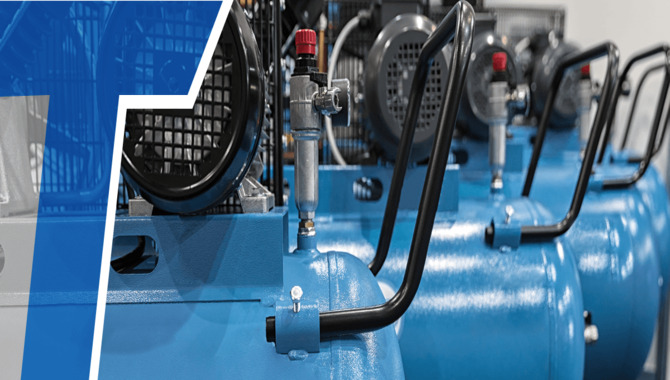
If you want to purchase an air compressor, one of the most important factors is the size you need. This ultimately depends on the tasks you’ll be using it for. To determine the appropriate size, you’ll need to consider the required air pressure (measured in PSI) and airflow (measured in CFM) for the tools you plan to use.
For example, if you use a paint sprayer that requires 40 PSI and 10 CFM, you’ll need an air compressor to deliver those specifications. It’s also important to consider the frequency and duration of use and any additional tools you may want to use in the future.
Remember that a larger air compressor may have a higher capacity, but it can also be more expensive and difficult to move around. On the other hand, a smaller compressor may be more portable but may not be suitable for high-demand tasks. Ultimately, determining the appropriate size of the air compressor requires carefully.
5. What Factors Should Be Considered When Choosing An Air Compressor For A Specific Task?
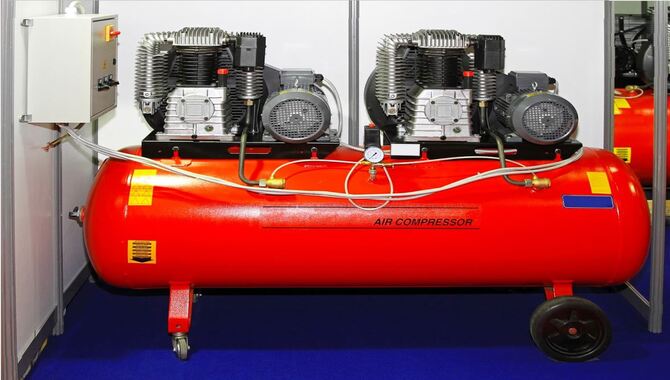
Several factors should be considered when choosing an air compressor for a specific task, including:
- Required air pressure and flow rate
- Type and size of the tools or equipment to be used with the compressor
- Power source and electrical requirements
- Portability and mobility
- Noise level and vibration
- Maintenance requirements and cost
- Durability and reliability
- Cost-effectiveness and value for money
- Brand reputation and customer reviews
6. Determining Your Specific Needs
Determining your specific needs is an essential step in achieving your goals. It requires a thorough understanding of what you want to achieve, why you want to achieve it, and the resources you need to make it happen. Before you embark on any journey, you must identify your destination.
The same applies to determining your specific needs. It would be best to decide what you need to achieve your goals and what you can do without. This means you must have a clear vision of your goals and the steps required to achieve them. This process involves assessing your strengths, weaknesses, opportunities, and threats.
You must also be honest about your limitations and what you can realistically achieve with your available resources. Once you have determined your specific needs, you can create a plan of action to help you achieve your goals.
7. Choosing The Right Tank Size For You
Choosing the right tank size for your needs can be daunting, but ensuring you have the correct size tank to suit your requirements is essential.
The size of your tank should be determined based on your water usage, household size, and the space available for installation. A larger tank can provide a higher water storage capacity, ideal for larger households, while a smaller tank is perfect for those with limited space.
It is also essential to consider the type of water usage in your home, such as flushing toilets, washing machines, and showers, as this will determine the amount of water you need to store. Additionally, you should consider the location of your tank, as it should be placed in a safe and accessible area.
When choosing the right tank size, it is essential to consider the cost implications. Larger tanks can be more expensive to purchase and install, but they provide a higher return on investment over time.
8. Choosing The Best Brand And Model For Your Needs
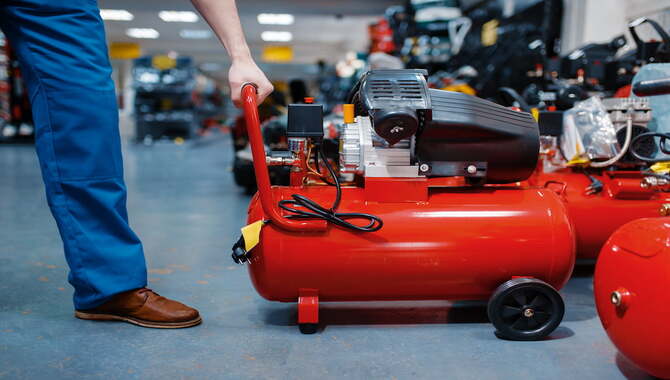
Choosing the best brand and model for your needs can be daunting. With so many options available in the market, it’s important to research and consider all aspects before deciding.
First and foremost, consider your needs and requirements. Are you looking for a product with specific features, such as a laptop with long battery life or a high-resolution camera? Once you have determined your needs, research various brands and models that offer those features.
Look for reviews and feedback from other users to gain insight into the product’s reliability and performance. Another important factor to consider is price. Some brands and models may be more expensive than others, but they may also offer better quality and durability. However, it’s important to set a budget and stick to it to avoid overspending.
Lastly, consider the brand’s reputation and customer service. A brand with a good reputation and excellent customer service can provide peace of mind and assurance that your product will be well taken care of in case of any.
Maintenance And Care For Your Air Compressor
Air compressors are important tools for many industries, and proper maintenance and care are essential to ensure their reliability and longevity. Regular maintenance can also help avoid costly repairs and downtime.
One of the most critical aspects of air compressor maintenance is ensuring the air filters are cleaned and changed regularly. Dirty filters can restrict airflow and reduce compressor efficiency, increasing the equipment’s energy usage and wear and tear.
Oil levels should also be checked regularly, and the oil changed as needed to prevent contaminants from building up and causing damage to the compressor. Another important maintenance task is checking for leaks in the compressor system, which can waste air and reduce overall efficiency.
It is also crucial to follow the manufacturer’s recommended maintenance schedule, which may include inspecting and adjusting belts, checking and tightening connections, and lubricating moving parts. With proper care and maintenance, an air compressor can provide reliable and efficient performance for many years, making it a valuable investment for any business or individual.
Troubleshooting Common Air Compressor Issues
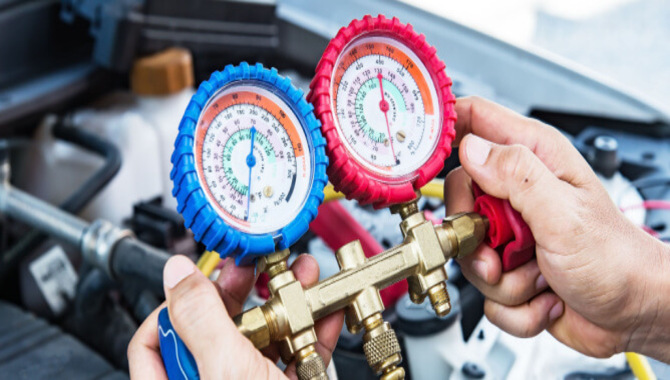
Air compressors are widely used in various industries and households. They can encounter several issues that can affect their performance and efficiency.
Troubleshooting common air compressor issues is essential to keep them functioning properly. One of the most prevalent problems with air compressors is air leaks. Air leaks can occur due to worn-out seals, fittings, and valves. One can tighten the fittings and replace the seals or valves to fix this issue. Another common problem is low pressure. Low pressure can result from a clogged intake filter, a worn-out piston ring or valve, or a damaged air hose.
One can clean the intake filter, replace the damaged parts, or repair the air hose to fix this issue. Excessive noise from the compressor is also a common issue. This can be due to loose belts, worn-out bearings, or loose parts. One can tighten the belts, replace the bearings, or tighten the loose parts to solve this issue.
Conclusion
Knowing How to choose the suitable air compressor for your needs is a crucial task that requires attention to detail and precision. Choosing the right air compressor for your needs is a crucial decision. That requires careful consideration of various factors. Such as the type of work you will be doing, the power source, the size and capacity of the compressor, and the maintenance requirements.
By taking the time to assess your needs and researching the different options available, you can ensure that you select an air compressor that meets your specific requirements and delivers reliable performance for years to come.
Whether you are a professional contractor or a DIY enthusiast, investing in the right air compressor can significantly enhance the efficiency and productivity of your work, making it a worthwhile investment in the long run.
FAQs
1.What Factors Should I Consider When Choosing An Air Compressor For My Specific Needs?
Ans: When choosing an air compressor, there are several factors to consider, including:
- Purpose:
- Capacity
- Power source
- Portability
2.How Important Is The Quality And Durability Of An Air Compressor When Making A Purchasing Decision?
Ans: The quality and durability of an air compressor are very important factors to consider when purchasing. A high-quality and durable air compressor can provide reliable and consistent performance over a long period of time, leading to increased productivity and reduced downtime.
3.What Are The Pros And Cons Of Different Air Compressors?
Ans: The pros and cons of different types of air compressors are as follows:
- Piston/T reciprocating air compressors.
- Rotary screw air compressors.
- Centrifugal air compressors.
- Scroll air compressors.
4.What Safety Features Should You Look For In An Air Compressor?
Ans: Some safety features to look for in an air compressor include:
- Pressure relief valve
- Thermal overload protection.
- Automatic shut-off switch.
- Safety goggles and gloves.
- Proper grounding.
- Protective covers.
5.What Factors Should I Consider When Choosing The Right Size Of Air Compressor For My Needs?
Ans: When choosing the right size of air compressor for your needs, you should consider factors such as the required air pressure and volume, the type of tools you will be using, the frequency of use, and the power source available.


![7 Best Spray Gun For Small Compressor [Reviews With Buying Guide]](https://accuratepicker.com/wp-content/uploads/2023/07/Best-Spray-Gun-For-Small-Compressors.jpg)
